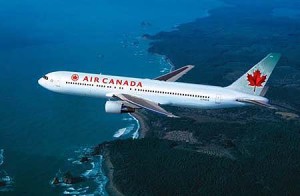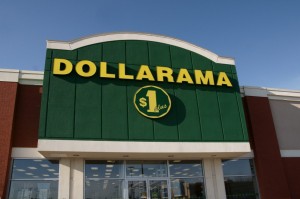The article “Pay Toilets On Airplanes?” states that Ryanair, an Irish airline wants to charge their customers to use the washroom during a flight. After having read this article, I wasn’t surprised because I have noticed that airlines have been starting to charge individuals for additional items . With airlines, I believe if a company reduces the price of their tickets, other’s will do the same, and as a result, changes are made.
Air Canada is a great example because they now charge for additional luggage, alcohol beverages (unless in business class) and food during a flight. Everything used to be included in the price of a ticket, however, since other airlines started to reduce their prices as a way to be competitive, Air Canada followed. From these recent changes, I’m curious to know whether airlines are losing customers from these extra charges and if so, how many.
I believe that airlines are adding these charges because they want to reduce the price of a ticket. This is a great marketing technique because individuals actually believe they are getting a great deal when purchasing their tickets. After all, the truth is that individuals eventually have to spend money on food and drinks during a flight. So the real question is, are customers actually getting deals on flights, or are they getting tricked into spending more money?
Sources:
http://expatlogue.wordpress.com/2012/06/18/lessons-from-life-in-canada/air-canada/
http://www.cbsnews.com/2100-500395_162-4833699.html






